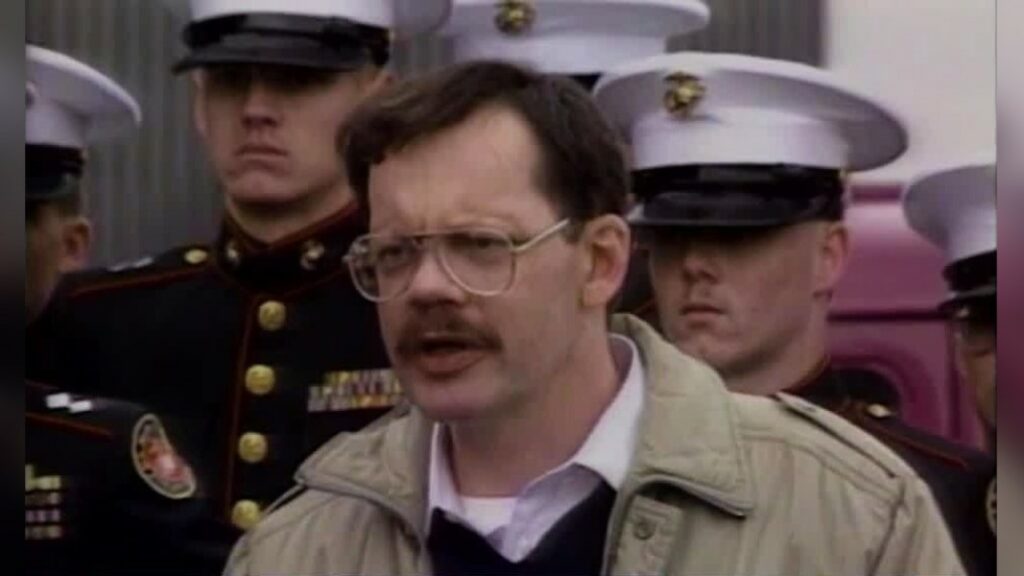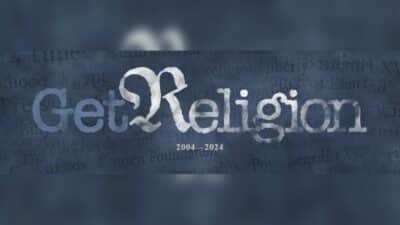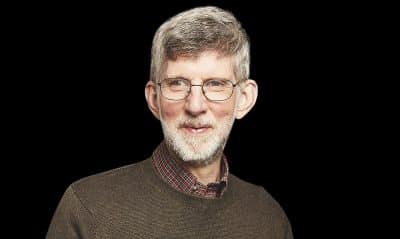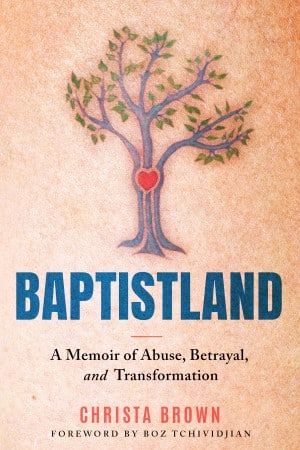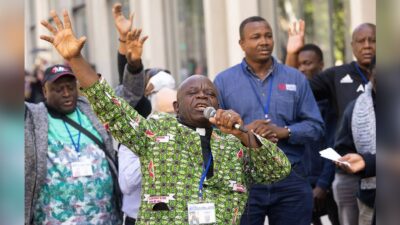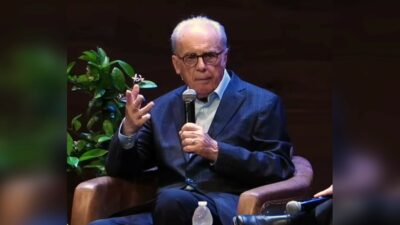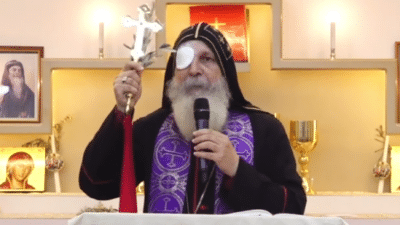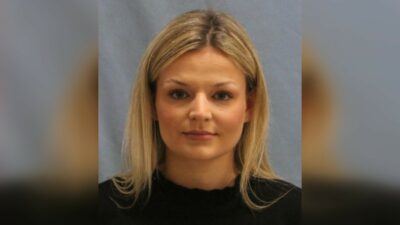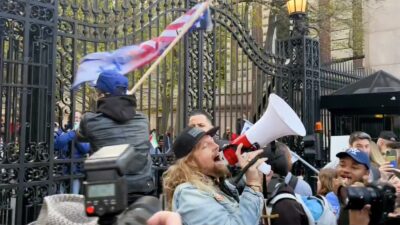(ANALYSIS) During his 2,454 days in captivity — between strategic moves among 20 or more hiding places in Lebanon — journalist Terry Anderson was often allowed by Hezbollah leaders to read a Bible.
Armed pro-Iran militants seized the Associated Press correspondent on March 16, 1985, then jammed him into the trunk of a Mercedes-Benz. This took place during a painful time in his personal life, and Anderson was already asking hard questions about his Catholic faith.
Anderson pleaded with his guards to get him a Bible. When they did that, he read it from cover to cover 50 times while in captivity. Early on, he also learned that a Catholic priest — Father Lawrence Jenco — was a hostage. During their time together, Jenco heard Anderson’s first confession in 25 years.
“I still had plenty of questions about the Bible,” Anderson told me during a 1999 global conference for Christian journalists in Chichester, England. Then, after Jenco was released, “I was locked up with a seminary professor.”
That hostage was the Presbyterian missionary Benjamin Weir, from the Near East School of Theology in Beirut.
Your tax-deductible gift helps our journalists report the truth and hold Christian leaders and organizations accountable. Give a gift of $30 or more to The Roys Report this month, and you will receive a copy of “Baptistland: A Memoir of Abuse, Betrayal, and Transformation” by Christa Brown. To donate, click here.
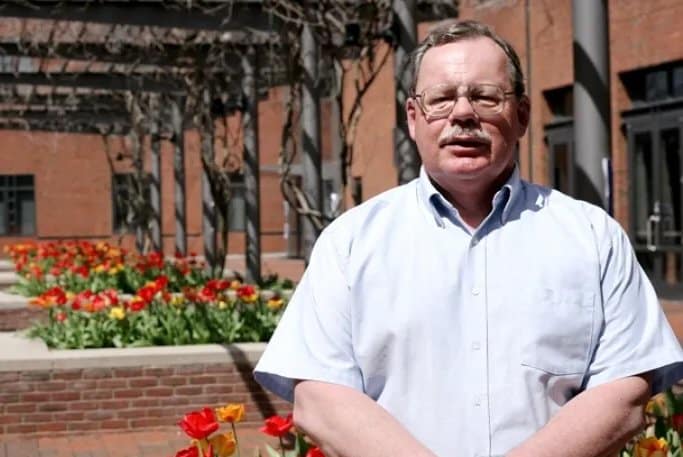
“I needed a priest and God gave me a priest,” said Anderson. “I had Bible questions and God gave me a New Testament professor. … I realized that God had not abandoned me.”
Anderson died this past Sunday at age 76, after complications from heart surgery. While in captivity, he became the symbol — for journalists worldwide — of the nearly 100 foreigners seized by militants during what Time magazine called “the decade of hostages.”
After his 1991 release, Anderson taught journalism at several major universities while struggling behind the scenes with post-traumatic stress disorder. In 2000, a U.S. court ordered Iran to pay him $324 million out of frozen assets in America. Anderson pursued a variety of investments that failed, pushing him into bankruptcy in 2009, but he also started successful charity efforts, such as the Father Lawrence Jenco Foundation.
After years of journalists seeking his release, Anderson became a leader in the International Committee to Protect Journalists. A circle of journalists in Washington, D.C., that prayed for Anderson during his captivity evolved into Gegrapha (Greek for “I have written”), the international fellowship that sponsored the Chichester conference.
The host for that event was former Time foreign correspondent David Aikman, who defined journalists as people who “get rebuked for what they write and what they say, or who get rebuked for what they don’t write and what they don’t say.”
During his Chichester presentation, Anderson noted that it was Weir who — while they were hostages — asked a question that cut deep and was impossible to forget: “How can you be a Christian and a journalist?”
“The search for truth is not, in any way, in conflict with the truth that I know as a follower of Jesus,” said Anderson. “But, you know, you cannot be a Christian and a bad journalist. That doesn’t work at all. You cannot practice Christianity and a journalism that takes away dignity, that has no compassion, that exploits pain and misery. That’s not good journalism and it’s certainly not anything that Christ taught.”
The Weir challenge eventually evolved into an even more personal question.
“What is it that God wants of us as journalists? Nothing more than what He wants of us as people, as Christians,” Anderson said. “He wants us to love Him and to love our brothers. … As Christians, we are supposed to witness for good and against evil. As journalists, we are supposed to be doing the same thing.”
At the same time, God commands believers to forgive others, even those who hurt them.
This reality, Anderson told me during another interview days after Sept. 11, 2001, became one of the defining challenges of his life. Would anger prevent him from forgiving the militants who, at times, beat him, put him in chains or locked him in solitary confinement?
“I don’t have to deal with the loss of those seven years,” he said. “I didn’t lose them. I lived them. They weren’t pleasant, but I was there. I survived and I have a life to live. … I have done my best to forgive, even if it’s impossible to forget.”
This story was originally published by Religion Unplugged.
Terry Mattingly is Senior Fellow on Communications and Culture at Saint Constantine College in Houston. He lives in Oak Ridge, Tennessee, and writes Rational Sheep, a Substack newsletter on faith and mass media.




